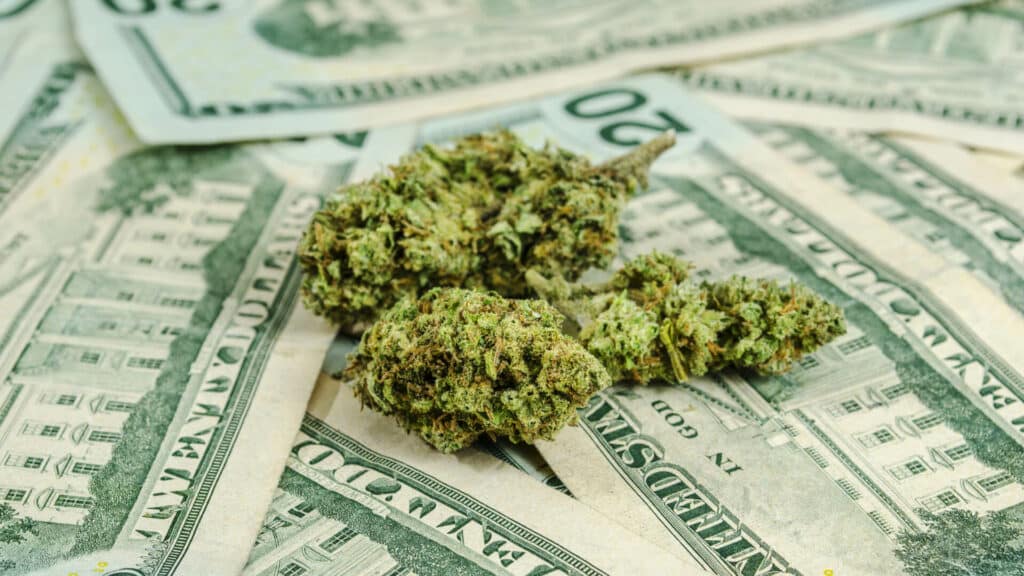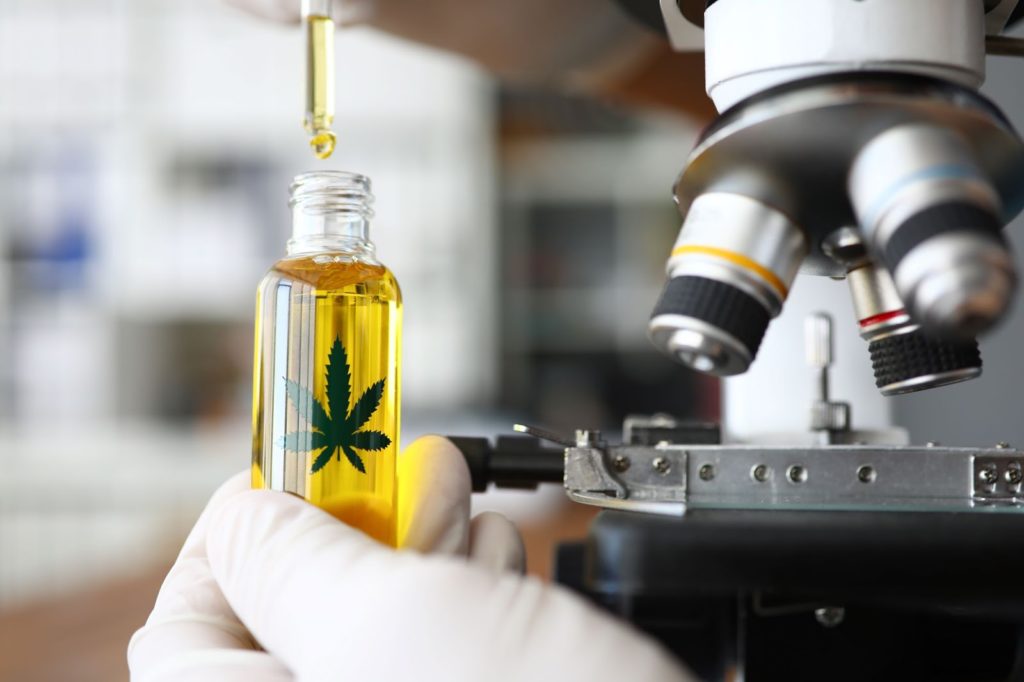 A very significant victory was achieved today in regards to marijuana research. One of the biggest barriers to research approval was removed. Below are reactions from Tom Angell from the Marijuana Majority, Neill Franklin from Law Enforcement Against Prohibition, and the Drug Policy Alliance:
A very significant victory was achieved today in regards to marijuana research. One of the biggest barriers to research approval was removed. Below are reactions from Tom Angell from the Marijuana Majority, Neill Franklin from Law Enforcement Against Prohibition, and the Drug Policy Alliance:
From Tom Angell - ”The president has often said that drug policy should be dictated by unimpeded science instead of ideology, and it’s great to see the Obama administration finally starting to take some real action to back that up. But there’s more to be done. The next step should be moving marijuana out of Schedule I to a more appropriate category, which the administration can do without any further Congressional action. Given what the president and surgeon general have already said publicly about marijuana’s relative harms and medical uses, it’s completely inappropriate for it to remain in a schedule that’s supposed to be reserved for substances with a high potential for abuse and no therapeutic value. Hopefully today’s action is a sign of more to come.”
***
From Neill Franklin - ”This is a small step, but an important one,” said Maj. Neill Franklin (ret.), executive director for Law Enforcement Against Prohibition (LEAP), a criminal justice group working to end the War on Drugs. “And that’s how we’re going to end this drug war eventually. Through a series of small but important steps.”
***
From the Drug Policy Alliance –
In a long-sought move anticipated by many marijuana reform advocates, the White House today announced that it was removing a major obstacle to marijuana research – the Public Health Service (PHS) Review. “This announcement shows that the White House is ready to move away from the war on medical marijuana, and enable the performance of legitimate and necessary research,” said Bill Piper, Director of Drug Policy Alliance’s Office of National Affairs. “This is progress, but the White House should also end the NIDA’s unique monopoly on marijuana production, and allow private entities to grow marijuana, thus facilitating even more important research.”
The PHS Review was introduced by the Clinton Administration. At the time, the Institute for Medicine was one of the first major entities to call for more research on marijuana. But they urged the Clinton Administration to ensure the process was as controlled as possible. The Clinton Administration response was to make the Department of Health and Human Services conduct an individual review of all applications for all marijuana research. This bureaucratic hurdle meant that research for marijuana was heavily slowed, and also meant that it became more difficult to study marijuana than to study cocaine and heroin. Today’s announcement was published in the federal register.
Marijuana advocates have called for years for the elimination of the PHS review, and its elimination was included in the CARERS Act, the groundbreaking medical marijuana bill introduced in the Senate this year by Senators Booker, Paul and Gillibrand. The research section of the bill also calls for an end to NIDA’s monopoly on marijuana production. This move by the Obama Administration comes just days before a June 24 Senate hearing on medical marijuana. On Friday, the Senate Caucus on International Narcotics, chaired by Chuck Grassley (R-IA) announced a hearing entitled “Cannabidiol: Barriers to Research and Potential Medical Benefits.”
“There’s huge momentum surrounding marijuana reform, and this is just the latest example. This year we have seen the introduction of the CARERS ACT, passage of amendments in the House and Senate to stop federal interference in medical marijuana, a hearing on medical marijuana and this positive step from the White House, said Bill Piper. “Our objective of moving the CARERS Act piece by piece is bearing fruit, and there will be more to come this year.”
Largely out of public view, for more than four decades DEA and NIDA/PHS have blocked drug development research by maintaining a government monopoly on the supply of marijuana that can legally be used in research. This frustrating reality belies the recent pronouncements of pundits and policymakers implying that the FDA has already dismissed the medical benefits of marijuana or that proponents have simply failed to explore FDA approval. While there is a plethora of scientific research establishing marijuana’s safety and efficacy, the specific FDA clinical trials necessary to bring the marijuana plant to market as a prescription medicine have been obstructed.
Marijuana remains the only Schedule I drug that DEA prohibits from being produced by private laboratories for scientific research. Although DEA has licensed multiple privately-funded manufacturers of all other Schedule I drugs, it permits just one facility, located at the University of Mississippi, to produce marijuana for research purposes. This facility, under contract with NIDA, holds a literal monopoly on the supply of marijuana available to scientists, including researchers seeking to conduct FDA-approved studies of the plant’s medical properties — studies that, of course, squarely conflict with NIDA’s mission to study drug abuse. Unlike research with any other drugs, until now all protocols had to be approved by PHS and NIDA.
Currently, 23 states, the District of Columbia and Guam have legalized marijuana for a variety of medicinal purposes – and an additional 16 states have passed laws to allow access to CBD oils, a non-psychotropic component of marijuana that has proven uniquely effective in managing epileptic seizures that afflict children. Four states – Alaska, Colorado, Oregon and Washington – have legalized marijuana like alcohol. In 2016, voters in Arizona, California, Maine, Massachusetts, and Nevada are expected to decide ballot initiatives on the question of legalizing marijuana for adult use. A slew of recent polls show that significant majorities of both Democrats and Republicans strongly believe that the decision of whether and how to regulate marijuana should be left up to the states.
DPA Fact Sheet: Removing Marijuana from the Controlled Substances Act




